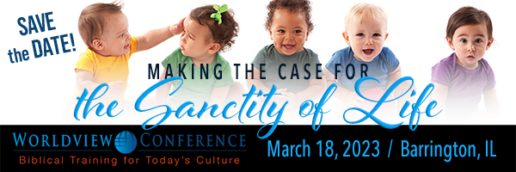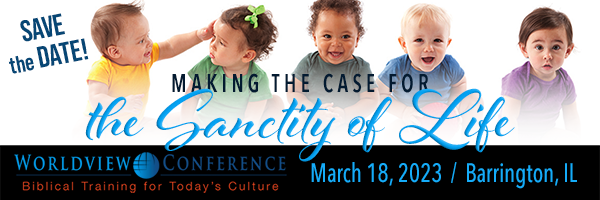Academia Strikes Absurdity Again– Surprise!
We’ve already given Stanford’s Elimination of Harmful Language Initiative (EHLI) a word or two over their confused categories of “ableist language” and “racist language” but the horse we’re beating is not quite dead yet. It’s one thing to stigmatize normal phrases because their connotation or origin supposedly evoke offensive topics, as the Stanford harmful language list did with those two categories. It’s another thing to stigmatize normal phrases because their grammatical structure evokes insensitivity. But believe it or not, academia at the highest level has managed to do just that with the advent of “person-first language.” Grab onto the seat in front of you as we plummet to new depths of ridiculosity.
- “Convict” is politically incorrect. One ought to say “person who was incarcerated.”
- “Immigrant” is harmful language. One ought to say “person who has immigrated” or “non-citizen.”
- “Disabled person” is best left unsaid. One ought to say “person with a disability.”
- “Homeless person” is a no-no. One ought to say “person without housing.”
But why, you ask, are we no longer allowed to use these basic nouns and adjectives in their organic form? Stanford explains that person-first language “helps to not define people by just one of their characteristics.” Apparently, using the noun “convict” defines the convict according to his criminal record, while using the relative clause “person who was incarcerated” emphasizes that there is more to the convict than his criminal record—he is merely a person who has done jail time. Similarly for “immigrant,” etc. Get the picture? In case you didn’t, the EHLI even meticulously spells it out when it addresses “disabled person:” the phrase “implies that the disability defines a person, whereas ‘Person with a disability’ gives the ownership of the disability to the person.”
Sigh. As I said in my earlier analysis of ableist language, I hope you sense the confusion of an average English-speaker striving to justify the way language has worked for, well, forever. Let’s address this assumption that using nouns to refer to people is equivalent to defining them.
The way the world is structured, it is full of categories and subsets. The category of “father” refers to any male who has a child, and if I have a child, I now am a subset of the category “father.” The category of “manager” refers to anyone who supervises employees, so if I run the local grocery store, I am now a subset of the category “manager.” The category “comedian” refers to anyone who is repeatedly making people laugh, and if I am that kind of person, I now am a subset of the category “comedian.”
Now, there may be many other managers in the world besides me. So, if you were asked to pick me out of a crowd—and all you knew was that I was a manager—you wouldn’t be able to single me out without more information. “Manager” is not a definition of me, because there are many other managers besides me and a definition is neither too broad or too narrow for what it’s defining. Furthermore, “manager” isn’t even a defining characteristic of me; I could easily change my occupation status and remain the same kind of person I was before. Rather, when you say that I am a manager, you are saying that I am a particular member of the larger category of “those who supervise employees.”
This is true for many more such words. Saying that someone is an “immigrant” is not “defining” them by their immigration status; it’s just observing that such a person is a member of the larger category of “all people who have changed their country of residence.” Etc., etc. People can belong to zillions of categories without being defined by any of them!
There is no moral difficulty with using our current terms. But now let’s look at what Stanford’s list has revealed with all its politically-correct mumbo-jumbo: person-first language is just bad writing. If I am a firefighter, the “person-first” way to describe me would be as “a person who fights fires.” If I am a thief, my “person-first” designation would be “a person who steals things.” And beware if you are ever a person who patrons a bank, talking to the person who performs the teller’s duties, when a person who likes to steal comes in, demanding cash from all the people who have money. Yikes.
If this reminds you of your seventh-grade English class, it should. We were all coached to not use more words than we need to. Filling your prose with relative clauses—when simple nouns will do just fine—clogs up your writing. So, we all learned, refuse to continue to be the kind of person who does not allow himself to diminish the number of words that he types as he draws up a draft of the assignment that his teacher told him to come up with! In other words, just write concisely.
Let academia continue to obfuscate.

